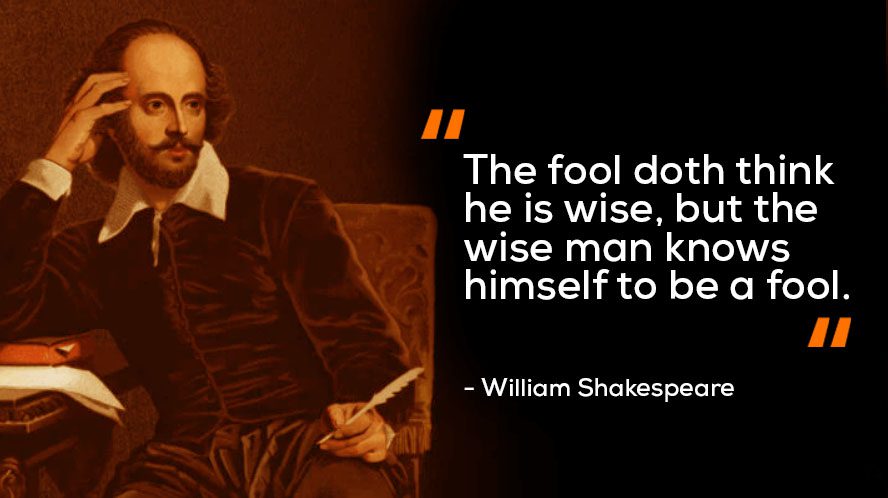Everyone loves the Kalama Sutta—especially free thinkers.
It’s read as affirmation of freedom of thought. You should trust only what you think is true.
The words that often resonate the most for modern-day readers are ones that advise people not blindly follow legends, traditions or scripture. Considering how disillusioned many people are with leaders and institutions today, it’s easy to understand the appeal of that part of the Buddha’s message.
Yes, we should question everything, including my writings and those of others on Tea House.
However, people seem to almost purposefully ignore the part of the Kalama sutta where the Buddha speaks of the importance of considering whether certain practices and qualities are praised by the wise.
When I was younger, I had opinions about almost everything. With age, I’ve learned to drop many of my opinions. There is much that I don’t know.
I’ve also become increasingly skeptical of those who are enthusiastic about sharing their opinions on seemingly all aspects of life and society.
The Dunning-Kruger Effect is truer today than it probably has ever been before (verywell mind). The development of social media, which provides everyone with a platform to share their unfiltered opinions to the world, has exacerbated the effect because of confirmation bias and the echo chamber it creates. (GCF Global)
The only real test of an idea is to put it into practice, as the Buddha advises us to do.

Until we’ve done so, we should strongly consider the advice of those who have put more time and effort into learning about a subject than we have—particularly those like Buddhist monastics who offer their guidance to us freely.
In many ways, the Buddha’s life story and the stories of the Thai forest ajaans show how they challenged the prevailing social order of their time.
Yet being an outlier doesn’t necessarily make a person wise. There will always be those who seek to be contrarians for money or fame; those who are essentially experts at vice.
When you’re seeking counsel and direction, you can’t open your heart to everyone. This even includes those who can perform miraculous psychic and spiritual acts, which come as result of a deeply concentrated mind. As anyone who has read the suttas knows, the Great Brahma and the devas are worthy of respect, but they’re not completely trustworthy.
The Buddha’s insights and those of the Thai forest ajaans arose from their practice.
Their insights weren’t opinions or ideas. They were experiential truths.
No one can claim that they’ve gained wisdom simply from reading any piece of writing or listening to a lecture.
At some point, we’ll need to do the hard work of discovering truth for ourselves—ideally, under the guidance of someone who has already done that hard work and understands the true value of it.
See more
What Is the Dunning-Kruger Effect? (verywell mind)
What is an echo chamber? (GCF Global)


